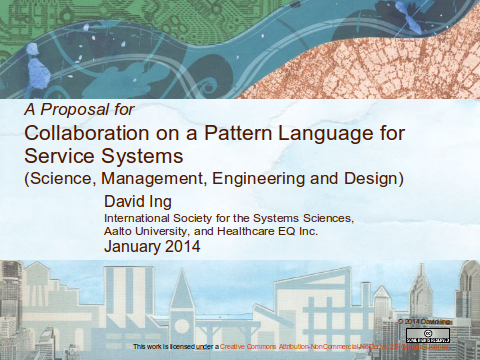The pattern language community — followers of Christopher Alexander’s approach — is distributed globally. I participated in PLoP 2014 at Allerton Park, Illinois last September, and then attended AsianPLoP 2015 in Tokyo last March. I had been eyeing the PUARL (Portland Urban Architecture Research Laboratory) conference for fall 2015, but then heard that the event was being incorporated into Purplsoc for 2015. I originally couldn’t justify a trip to Europe for the Purplsoc (Pursuit of Pattern Language for Societal Change) 2015 conference, but then its timing turned out to be back-to-back with the ISIE conference. So, just 3 weeks before the conference, I booked a triangular routing to arrive just in time for the start on July 3, in Krems, Austria.
On the Friday, the program started with some plenary session keynotes:
- Hermann Czech, “Remarks about the Truth and the Whole” [digest]
- “Opening”, with Peter Baumgartner; a delegate of the Mayor of the City of Krems; Monica Kil; Christian Hanus; Hajo Neis [digest]
- Wolfgang Stark, “Performative Patterns for Innovation: The Power of Tacit Knowing in Social Systems” [digest]
Saturday morning started with a keynote.
- Takashi Iba, “Pattern Language 3.0 and Fundamental Behavioral Properties” [digest] [slides on slideshare.com]
The rest of Saturday morning had parallel streams. I was in the Pattern applications and practices session.
- Hajo Neis and Perrin Wright, “Up and Out: Oregon Tsunami Wayfinding Survival Language” [digest]
- Taichi Isaku, “The Cooking Language: Applying the Theory of Properties and Patterns into Cooking” [digest] [slides on slideshare.com



